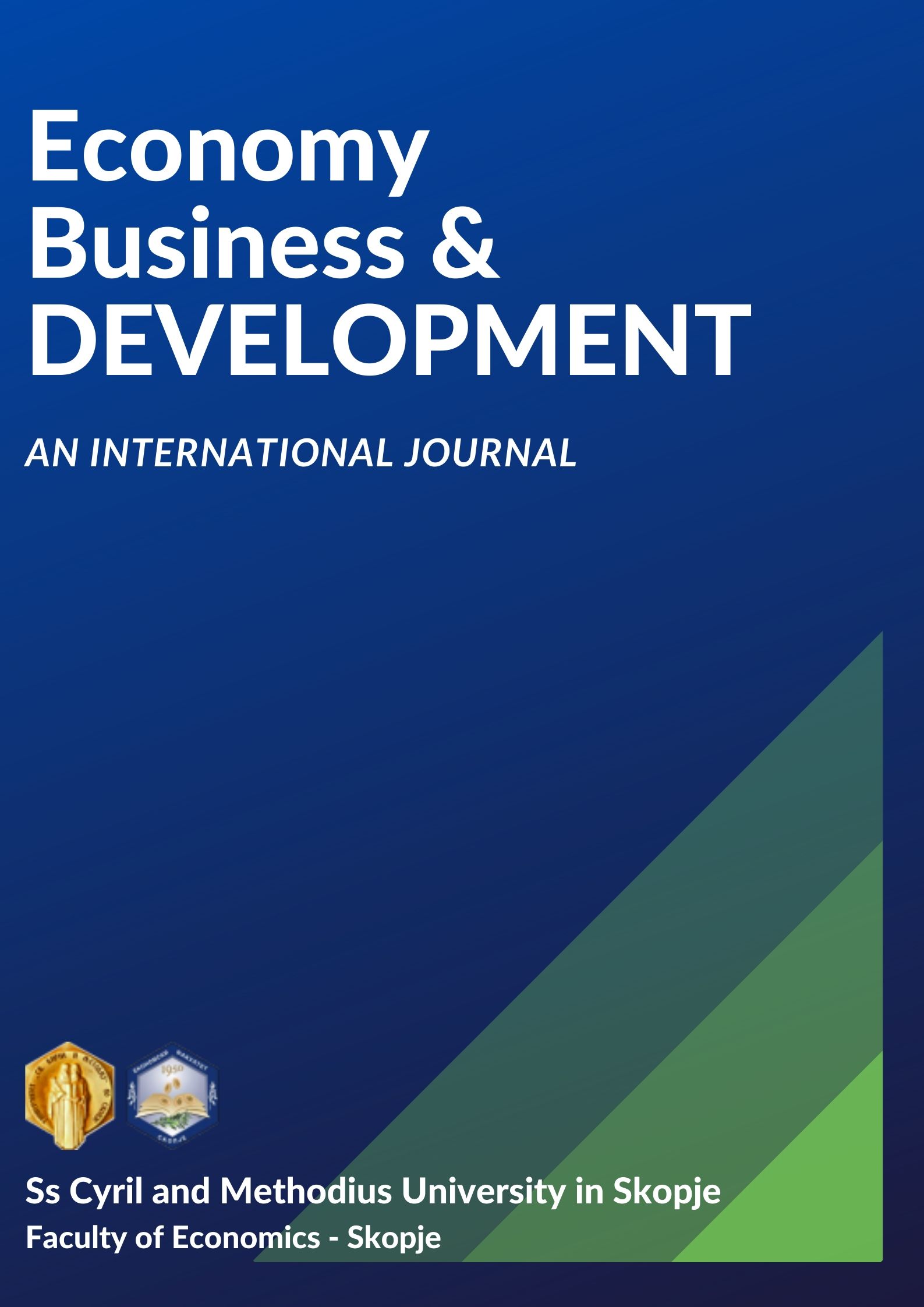Fiscal Decentralization and Economic Growth: Empirical Evidence from European Countries
DOI:
https://doi.org/10.47063/ebd.00017Keywords:
Fiscal decentralization, Economic growth, European countriesAbstract
In this paper we empirically investigate the relationship between fiscal decentralization and economic growth in the European countries, using panel dataset for 31 European countries, over the period 1972-2012. Our empirical results indicate that fiscal decentralization, quantitatively measured as the ratio of local government expenditures and revenues in general government expenditures and revenues has a favorable impact on economic growth in the European countries and also that revenue decentralization is shown to be more effective than expenditure decentralization in terms of stimulating economic growth. Further, our empirical results also suggest that the relationship between decentralization and economic growth is nonlinear, i.e. there is a certain optimal level of fiscal decentralization in terms of economic growth. This means that fiscal decentralization is expected to have a more pronounced positive impact on growth in less decentralized countries, while in more decentralized countries, a further increase in decentralization starts to hinder economic growth.
In addition, the growth-enhancing effect of fiscal decentralization is even strongly confirmed in our subsample of advanced European countries, when long term effect of decentralization was examined. Therefore, compared with our previous findings on the impact of fiscal decentralization on growth in Central and Eastern European countries, we find that fiscal decentralization has a different impact on economic growth in advanced European countries vis-à-vis Central and Eastern European countries, i.e., while it enhances growth in the former, it hindered growth in the latter.
References


